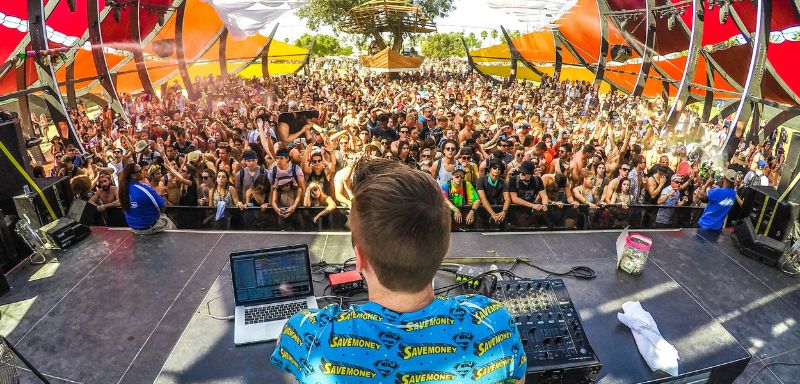Festival culture has transformed dramatically over the decades, evolving from grassroots gatherings into global spectacles that blend music, commerce, and unforgettable experiences. What began as intimate celebrations of countercultural ideals has grown into a multi-billion-dollar industry that shapes the global entertainment landscape.
The roots of modern music festivals trace back to iconic events like Woodstock in 1969, which embodied the spirit of peace, love, and rebellion. Woodstock was more than just a concert—it was a cultural moment, where attendees shared a communal experience of music, art, and ideals. These early festivals were often unpolished and underfunded but thrived on their raw authenticity and shared ethos.
As festivals gained popularity, they began to scale, attracting larger crowds and broader commercial interest. The 1990s marked the rise of professionally organized festivals like Lollapalooza and Coachella, which introduced curated lineups featuring diverse genres and international artists. These events expanded beyond music, integrating art installations, culinary experiences, and wellness activities, making them cultural hubs that catered to increasingly diverse audiences.
However, with growth came commercialization. Today, festivals like Tomorrowland, Glastonbury, and Rolling Loud are massive productions backed by sponsorships, ticketing platforms, and global media coverage. Tickets for these events can cost hundreds to thousands of dollars, creating a stark contrast to the free-spirited origins of the festival movement. Despite the high cost, attendees are willing to pay for the unique blend of world-class performances, immersive environments, and the promise of creating lifelong memories.
While commercialization has drawn criticism for overshadowing the artistic roots of festival culture, it has also enabled technological advancements and inclusivity. Live streaming and virtual reality experiences have made festivals accessible to audiences who cannot attend in person. Moreover, festivals have become platforms for social and environmental advocacy, weaving sustainability and awareness campaigns into their fabric.
Ultimately, the evolution of festival culture reflects the changing priorities and desires of society. What remains constant is the universal allure of shared experiences, where music, creativity, and human connection converge to create moments that linger long after the last note fades.

